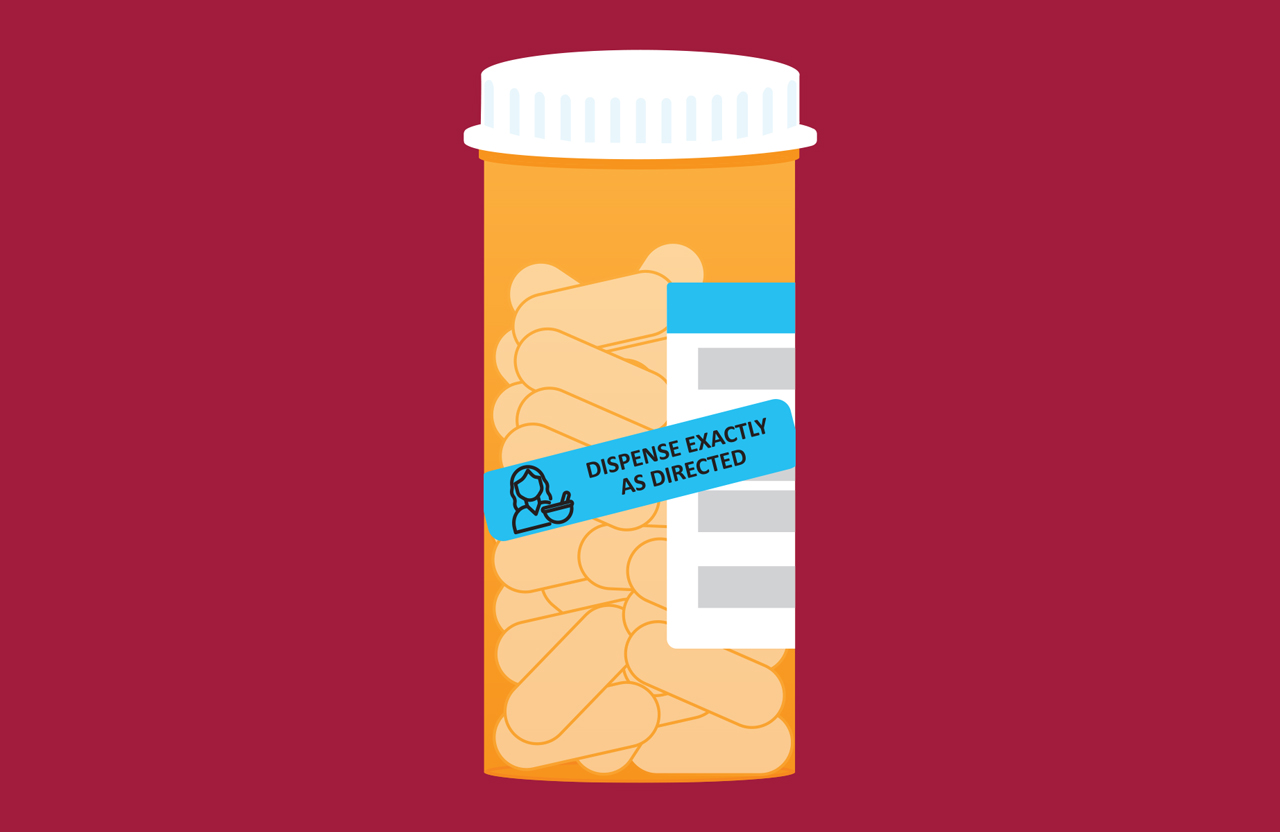David B. Brushwood, BSPharm, JD

In the July 2023 issue of Pharmacy Today, I summarized a pharmacy case from the Supreme Court of the United States in which the court ruled that the knowledge requirement in the federal False Claims Act (FCA) refers to “actual knowledge and subjective beliefs—not to what an objectively reasonable person may have known and believed.” A recent case from a United States District Court in Virginia provides additional guidance on the FCA standard.
Background
The United States sued a pharmacy corporation, alleging a violation of the FCA due to falsification of prior authorization (PA) forms by a Clinical Pharmacy Manager (CPM). The pharmacy provided medications to Medicaid patients for the treatment of hepatitis C. The state Medicaid program’s PA form asked questions about a patient’s medical history, laboratory values, and drug test results. The CPM allegedly volunteered to complete the PA forms for a physician group if the group agreed to send their patients to the CPM’s pharmacy. The CPM allegedly completed these forms with false information, leading to coverage of Medicaid patients who did not meet criteria for payment.
According to the court, the pharmacy revenues were just over $1.5 million for the first month, in which it received “payment based on falsified documentation submitted by [the CPM] or at her direction.” Fifteen months later, the pharmacy revenues had increased to over $5 million.
The CPM explained to her supervisor that she was “an expert in customizing appeal letters based on a plan’s criteria.” In the CPM’s performance review, her supervisor congratulated her for having “developed our site to have a reputation of one that will go the extra mile.” A colleague later admitted that she had “falsified prior authorization records at [the CPM’s] request.”
The CPM pled guilty to the crime of health care fraud. The pharmacy corporation moved to dismiss its case, contending that it had no knowledge of its employee’s unlawful conduct.
Rationale
The court first noted that the FCA makes liable “any person who knowingly presents, or causes to be presented, a false or fraudulent claim for payment.” The term “knowingly” is defined under the FCA as “actual knowledge,” “deliberate ignorance,” or “reckless disregard of the truth or falsity.”
The pharmacy corporation argued that it had “good faith reasons” to believe that the pharmacy’s revenues had increased for “proper reasons.” However, the court reasoned that the corporation received notice of the large increase in revenue because it was a topic of conversation between the CPM and her supervisor. In fact, this large increase in revenue was the event that prompted the CPM to explain to the supervisor the reason behind it.
The court also described how the corporation “employed a bonus program that incentivized higher sales” and noted that this program could “incentivize to increase revenue numbers by any means necessary.”
The pharmacy corporation’s motion to dismiss was denied, although the ultimate outcome of the case is undetermined at this time.
Takeaways
Pharmacists supervise medication acquisition and use to promote safe and effective outcomes for patients. Pharmacists also assure compliance with pharmaceutical payment plans to promote economic efficiency in patient care. Both of these professional responsibilities lead to legal difficulties if they are not met.
PA programs can be annoying and may seem inequitable when some patients are denied coverage. Nevertheless, any temptation to game the PA system “for the benefit of the patient” must be resisted. Patients receive a benefit when rules are followed.
Any time a colleague requests that an unlawful act be committed, this request must be reported to a supervisor. Pharmacy supervisors should be open to receiving such information objectively and confidentially.
Pharmacy supervisors should have their curiosity piqued by any unexpected event, including good news about any unanticipated increase in pharmacy revenues. Confirming a legitimate explanation can prevent liability for knowingly allowing fraudulent activity. ■